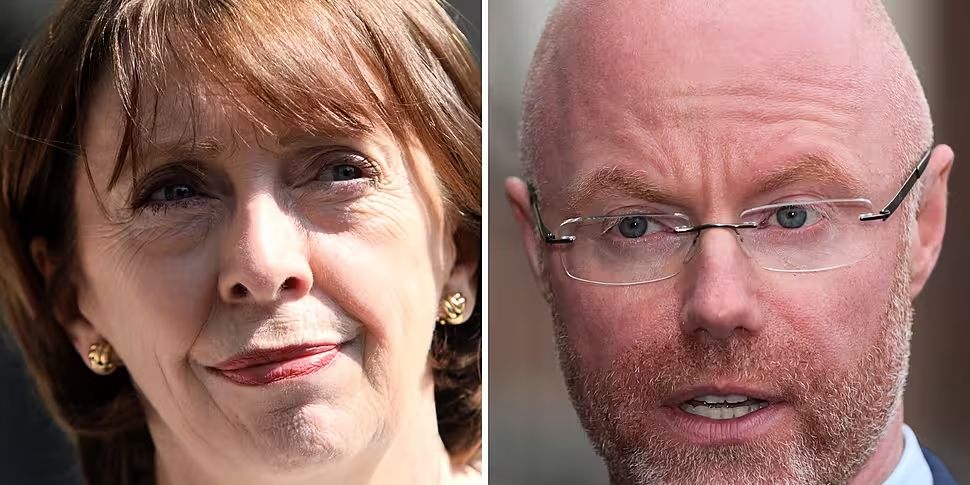The Health Minister “owes it to the Irish people” to set out all the issues with the rollout of Sláintecare highlighted by two key officials who resigned yesterday.
The Sláintecare Executive Director Laura Magahy and The Chair of the Slainte Care Implementation Advisory Council Professor Tom Keane both resigned their positions yesterday.
In his resignation letter, Professor Kean said he had, “come to conclude that requirements for implementing this unprecedented programme for change are seriously lacking.”
On The Pat Kenny Show this morning, Róisín Shortall, the chair of the Oireachtas committee that launched the plan, said the resignations were very concerning.
We had two very good people in Laura Magahy and Tom Keane leading out the implementation of Sláintecare and clearly they have been very frustrated,” she said.
“They have serious concerns about the willingness of government generally and the system in particular to actually adjust to the kind of reforms that are required.”
"Too important"
She said the Health Minister Stephen Donnelly must now set out exactly what their concerns were.
“Clearly in their resignation letters and in their discussions with the minister they would have outlined where they believe there are blockages to this reform,” she said.
“I think now it is important for the minister to come out – I think he owes it to the Irish people – to explain what those blockages are and to give us an assurance that we will take all steps necessary to remove those blockages because this is too important a programme, it is too important a reform.
“We have serious problems in relation to our health service – you know all the details in terms of waiting lists and costs.”
Sláintecare
The Sláintecare aims to bring an end to Ireland’s two-tier health service and ensure all citizens have access to quality healthcare.
The Social Democrats Co-Leader noted that the plan has the support of all parties in the Oireachtas.
“We wanted to achieve an equivalent modern universal public health system that the vast majority of people would be more than happy to use,” she said. “They would be guaranteed timely access to care.
“Ireland is actually an outlier in that respect. Every other European country has a properly functioning public health service and we in Ireland since the foundation of the State have had a two-tiered health service where money talks; where people receive care on the basis of their ability to pay rather than on their health needs – and that needs to change.
“We have the long waiting lists, but we also have the huge expense that people are put to in order to get access to healthcare and that is not acceptable.”
Progress
The Health Minister has recently insisted that 109 of the 112 deliverables due to the project are either on track or in progress.
Deputy Shortall agreed that progress is being made but warned that it is too slow.
“It is clear to me that the particular blockages that exist within the health service are in relation to the fundamental reform of the system of the HSE and how that operates.
“That is an enormous organisation; there are nearly 130,000 staff there with a massive budget and yet we don’t know where that money is going. There is a big element of the black hole about it.
“It is a very centralised organisation and we don’t have accountability for the provision of services at regional level.”
HSE
She said one of the key proposals of Sláintecare was to restructure the HSE and divide the country up into six different regional health areas.
“At the moment, there is no performance management across the health service,” she said.
“Money is thrown in and we don’t know how it is used; we don’t know what the outcomes are because we don’t measure it.
“That is why there is a need for legislation to measure performance and to ensure that we are getting value for money and the right kinds of services.”









